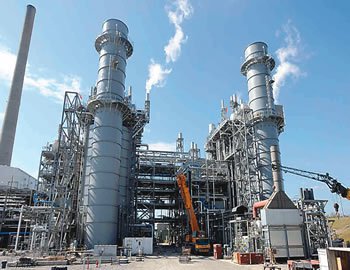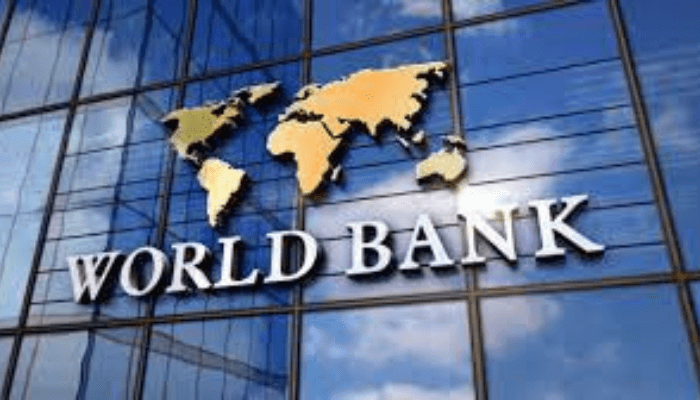Time to pass PIB and end gas flaring

Recently, the Director of Health of the Mother Earth Foundation, Mr. Nnimmo Bassey, expressed misgivings on the Federal Government reported commitment to end gas flaring by 2020. According to him, successive governments have been shifting the deadline for ending gas flaring from year to year, even as debates on the Petroleum Industry Bill (PIB), which has been going on for more than a decade has said nothing on when gas flaring would end. We are also alarmed at the continuing gas flaring in Nigeria, with the attendant health hazards. Figure shows that Nigeria exceeds over 40 percent of the gas flared annually across Africa, which amounts to about $7billion in waste.
Aside the economic waste, flared gas is also known to contain toxic substances which cause respiratory diseases and air pollution, leadingto depletion of the ozone layer, ultimately having an adverse effect on weather and climate. In addition, the release of oxides of Nitrogen and Sulfur into the atmosphere is responsible for the formation of acid rain, which destroys vegetation and damages structures and buildings while reducing visibility.
Whilst many countries have been re-injecting gas into the fields and converting same into liquefied natural gas, domestic cooking gas, plastic production and other uses, the problem of gas flaring has remained unresolved in Nigeria many decades after.
We recall that the first regulatory framework at stopping gas flaring was the Associated Gas Reinjection Act, 1979. It required every oil and gas producing company to submit to the minister for petroleum, detailed programmes in relation to the re-injection of produced associated gas. It is doubtful whether the Federal Government is enforcing this policy.
It is a fact that the government’s main interest is to maximise its monetary profits from oil production. Therefore, the oil companies find it more economically expedient to flare the natural gas and pay theinsignificant fine than to re-inject the gas back into the oil wells. Moreover, since there is an insufficient energy market especially in rural areas, these companies do not see an economic incentive to collect the gas. Therefore, the environment and human health consideration is seen as secondary for oil companies and the Nigerian government. We believe the Federal Government can impress upon the oil companies to stop gas flaring if there is the political will. First, there should be firm commitment from the government to encourage gas utilisation and flaring reduction with petroleum companies through introduction of fiscal incentives.
The World Bank proposal urging oil and gas producers to stop gas flaring by2030 is achievable and to achieve this, there should be a well-co-ordinated alliance between the government and various energy sub-sectors to ensure compliance with protocols on gas flaring.It bears repeating that gas flaring should be brought to an end because of the monumental waste of resources especially in a country like Nigeria where energy demand surpasses supply and where over 70 percent of the population still lives in abject poverty. In addition, the extent of environmental degradation that gas-flaring causes are enormous and therefore stopping the practice will reduce the environmental and health effects.










